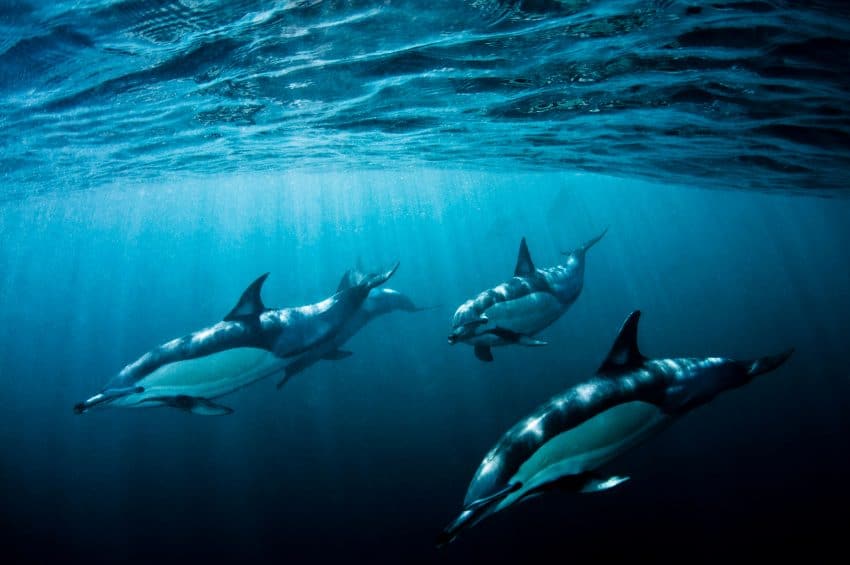Retired professor and marine science specialist David Hastings showcases four ways to do your part in helping to protect the planet’s precious oceans during the coming year.
GAINESVILLE, FL / ACCESSWIRE / January 7, 2021 / David Hastings is a renowned marine science expert from Gainesville, Florida. The marine geochemist and chemical oceanographer is also a dedicated environmental advocate, committed to protecting the planet’s precious oceans and coastal environment. The retired college professor Dr. Hastings offers a closer look at how the public can assist in the ongoing fight to save the world’s increasingly at-risk marine environments in the coming year and beyond.
“It’s never been more important that we focus on climate change science and policy, curbing marine environmental pollution, and personal ways to lessen our individual contributions to the damage that’s already been done to the world’s oceans,” says David Hastings.
Speaking from his home in Gainesville, Florida, David Hastings is a well known marine geochemist and chemical oceanographer who has published over 50 peer-reviewed articles in scientific literature and recently retired from Tampa Bay-based Presbyterian liberal arts institution Eckerd College.
David Hastings has written in detail about the billions of microplastic particles found in Tampa Bay’s waters and has published numerous research articles on the history of past climate change, the environmental impacts of the Deepwater Horizon oil spill, and other topics related to marine geochemistry.
Topics covered by Dr. Hastings include climate change science and policy, Florida-specific impacts of climate change, and the banning of single-use plastics in local communities.
The marine science specialist has also discussed carbon capture and storage and, more positively, the good news about climate change, including how solar photovoltaic cells and wind power are now being used to generate electricity to the extent that they are successfully competing with fossil fuels.
With this in mind, David Hastings is keen to share four ways that the public can help contribute to the ongoing struggle to help protect and ultimately save the world’s oceans. Dr. Hastings believes that this should be an area of focus for policymakers and individuals across the board over the coming 12 months.
“During 2021 and beyond, we all must do our part to help to protect and save the planet’s increasingly at-risk marine environments,” suggests lifelong conservationist Dr. Hastings.
David Hastings first turns to plastic pollution. “Put an end to using single-use plastics,” says Dr. Hastings, “which are having a ravaging and long-lasting impact on the ocean environment; Straws, disposable plastic cups, and plastic water bottles are used once, for a few minutes, but last a lifetime or more in the ocean.”
Second, Dr. Hastings says, is to reduce reliance on fossil fuels. “Burning fossil fuels is a primary source of heat-trapping gases which are responsible for climate change,” he explains, “which, in turn, is a leading factor behind many of the secondary issues threatening the planet’s marine environments, such as ocean acidification.”
The expert’s third suggestion, meanwhile, is to engage with elected officials on the subject. “It is crucial that more and more people actively engage in policy conversations with elected officials to ensure the long term health of the oceans,” says Dr. Hastings. “Without policy efforts to prompt the action needed to mitigate the worst impacts upon our precious marine environments.”
Finally, David Hastings touches briefly on supporting environmental organizations oriented towards advocacy efforts. “Those who are able should support marine conservation organizations wherever possible,” says Dr. Hastings.
“Now more than ever, this is essential,” he adds, in closing, “if we are to promote marine biodiversity and save our oceans for future generations.”
https://www.accesswire.com/623523/David-Hastings-Reveals-How-to-Help-Protect-the-Worlds-Oceans-in-2021

